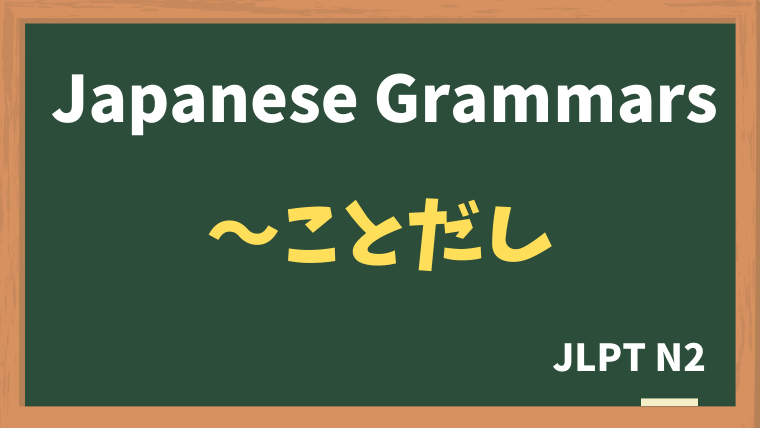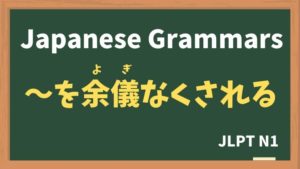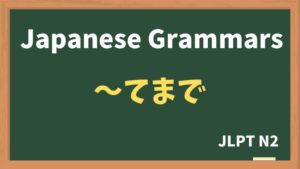
Explanation:〜ことだし
fa-check-circleMeaning
"〜なので / 〜から"
理由を表します。
"because"
Used to provide a reason or justification for a particular action or suggestion. It is often used when the speaker gives a reason for doing something, and it implies that there might be other reasons as well.
fa-check-circleForm
V(plain form)+ことだし
ナA(plain form)+ことだし
Nの+ことだし
fa-check-circlePoints
- Reasoning for Action: "〜ことだし" is used to introduce a reason that justifies a decision, action, or suggestion.
- Implying Other Reasons: It often implies that the given reason is just one of several, but it’s the one being highlighted.
- Conversational and Casual: This expression is generally used in informal or semi-formal contexts and is common in daily conversation.
fa-check-circleJLPT Level
N2
Sample sentenes
今日は天気もいいことだし、外で遊ばない?
The weather is nice today, so how about playing outside?
雨もやんだことだし、そろそろ帰ろう。
The rain has stopped, so let's head home now.
せっかく日本に来たことだし、日本の食べ物を食べようよ。
Since we're in Japan, let's enjoy some Japanese food.
テストも終わったことだし、カラオケでも行かない?
Since the test is over, how about we go to karaoke?
1ヶ月頑張ったことだし、給料が入ったら欲しかった時計買いたい。
I've been working hard for a month, so I want to buy that watch I've been wanting when I get my paycheck.
Vocabulary
| Japanese |
English | |
| 給料 | きゅうりょう | salary |






